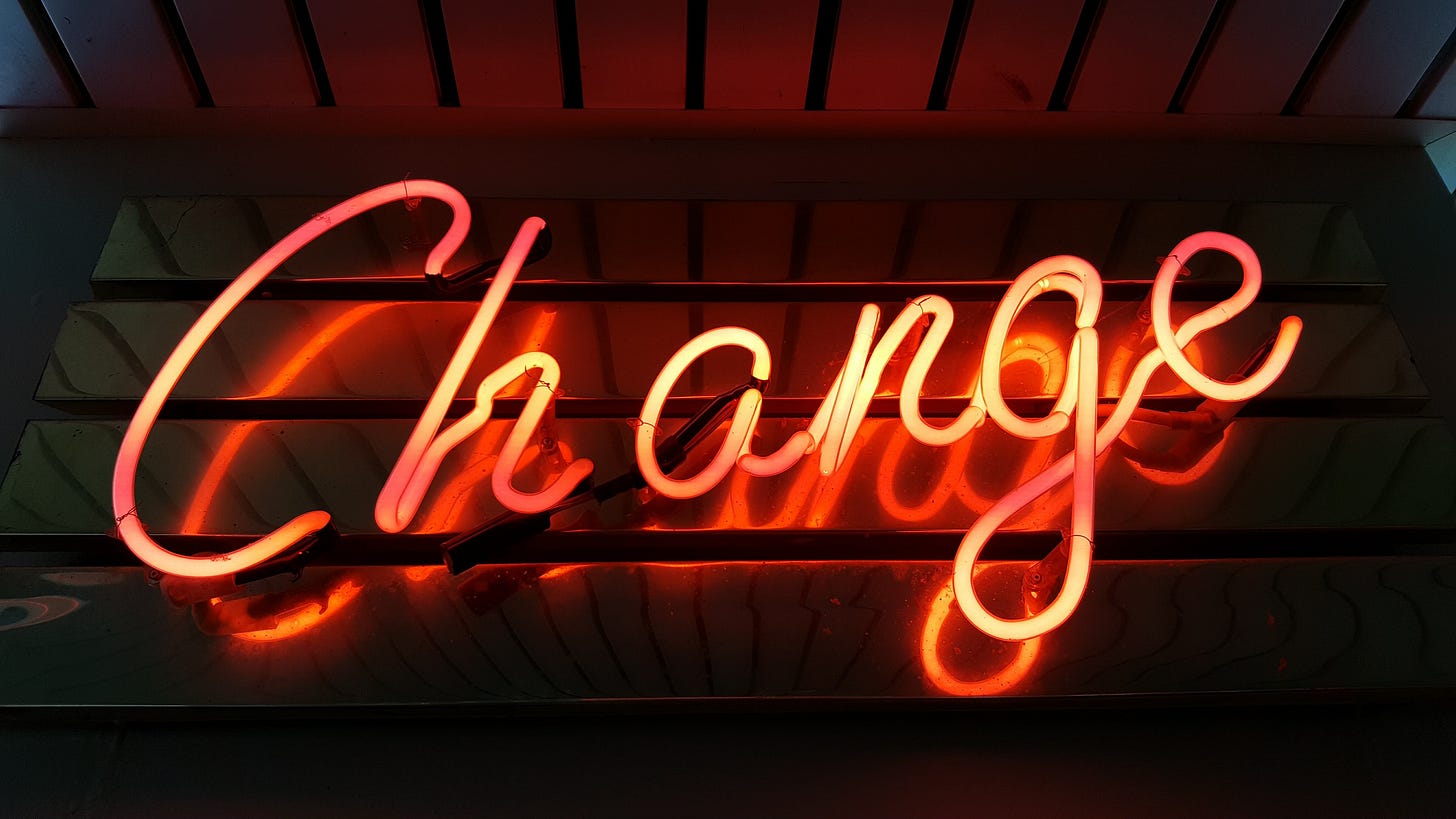On paradigms and effectiveness.
“Our paradigms, correct or incorrect, are the sources of our attitudes and behaviors, and ultimately our relationships with others.” -- Steven R. Covey
First things, first.
I’m currently re-reading a book that had a huge impact on me, and sharing my notes along the way. You can check out the last post here.
I’m also writing more on LinkedIn, Instagram, and X (Twitter). Here’s a re-introduction and some thoughts on trying hard things.
I will be publishing a new newsletter each week, and it won’t always be about the book I’m reading. Make sure you follow along by subscribing.
First principles.
There’s nothing like having a kid that can teach you that other people don’t see the world the same way you do. That’s one of the silver linings of becoming a dad while still being a teenager. I got to learn this lesson early.
Paradigms are the augmented reality glasses we wear. They make us see the world through our own lived experience. They affect every decision we make and every relationship we have.
As Stephen R. Covey puts it in his book, The 7 Habits of Highly Effective People:
Each of us tends to think we see things as they are, that we are objective. But this is not the case. We see the world, not as it is, but as we are — or as we are conditioned to see it.”
If we can operate with the understanding that other “realities” exist, the more capable we are to make good decisions, interact with people, and ultimately be more effective.
2 personal development schools of thought.
Covey teaches that most of personal development literature during the rise of the information age was based on what he calls the “personality ethic.” It’s the idea that we can improve our effectives through superficial skills like communication and influence strategies, changing our personalities, and telling ourselves mantras to improve our self-confidence.
But, he argues that the superior school of thought is the “character ethic” which emphasizes values like integrity, humility, fidelity, temperance, courage, justice, patience, simplicity, and kindness. By working on who our base-level, our character, we will also improve the superficial-level.
If you want to improve your effectiveness, you have to improve your ability to recognize your paradigms (and your biases), so you can make better decisions and interact with people on a deeper level.
Introducing the 7 habits.
The 7 habits are broken up into three categories.
The first three help us become more independent. They are be proactive, begin with the end in mind, and put first things first. These ideas shaped the way I approached my first real job, a project manager at a retail construction and maintenance company, and it’s the foundation for my “batch, stack, and automate” process I teach my employees.
The second three help us become more interdependent. They are seek win-win, seek first to understand-then be understood, and synergies. To be honest, these are the habits I need to improve, and are behind the hardest lesson I am learning as an entrepreneur.
The final habit is simply constant development. As I’ve said before:
It’s true that sometimes, the things we are doing stop working. But it’s probably more often the case that we stop doing the things that are working.
YouTube gems.
I am a YouTube junkie. Lately, I’ve curated my viewing towards business and productivity education. Here’s some of my favorites stuff I’ve watched this past week.
David Perrel has a great new podcast about writing with amazing guests. I am normally an audio person, but the set he built is too good to not watch it on YouTube. Check out “How I Write.
I’m using Loom a ton, so it was great to see a founder I follow talk about how they use it at their company. If you’re not familiar, Loom lets you record your screen and instantly share the link to the video with anyone. I use it to give feedback and instructions mostly. Check out the video here.
That’s it for this week. Reply back or leave a comment to let me know what you think.



